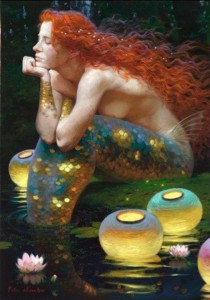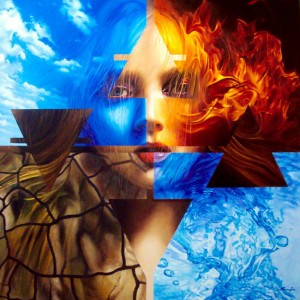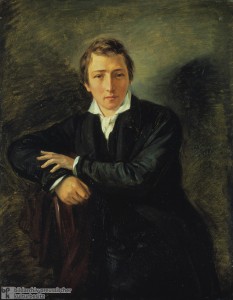March 19, 2013
What a surprise !
Hello,
here I am with a friend.
He is a person at all familiar and so often at home that seems to be transparent and predictable. Every now and then the events of the world draw near to the rooms where we live, the place that is considered natural and isolated from others. For those efforts are used to understand the secret, the result is always to see him in a calm and warm smile. He is sympathetic to observant of all religions. The atheist occasionally calls him for some walks in the paths of introspection. The agnostic welcomes him every time during the stops pleasant or forced at any time of the cycle of the Sun
In addition, he is able to grant nearly irreconcilable views and customs. Perhaps the secret lies in a universal prayer which does not purport answers, and that it leaves everyone free to locate them as they see fit.
Yes it is!
Prayer is common to the laity and to the believers, ancient and modern; even to those who worship the case and technique. Even before Zeus and religions “animistic”, there are prayers that stifle the applicant, while others bind, some of the sublime. Yet it seems that our friend does not keep his hands clenched. Our friend is convinced that the answer is already in the prayer of each one.
Each element is already involved in his appeal: the water, the sun, passing through the Earth.
Francesco and his brother Sun. Picture taken from HERE
Hi Francesco !





